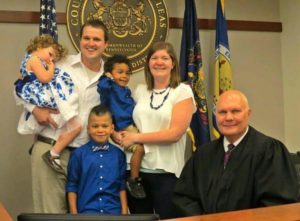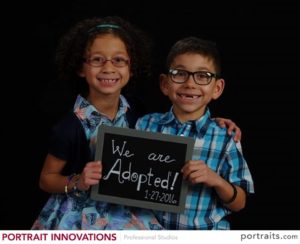Special needs redefined
We social workers use a lot of lingo and many acronyms to describe the work we do in the child welfare world.
In fact, that language—most fields, though, have their own jargon—can become confusing to new families as they begin to gather information about the children we place, the foster care or adoption process and whether they want to become foster or adoptive parents or both.
One of the terms we use that people question is “special needs.” Often, when someone hears those words from us for the first time they think about children who are disabled or handicapped, probably needing special educational accommodations. This perception is not, however, what this phrase means to us.
“Special needs” simply refers to a group of children and youths who qualify for continuing governmental financial or medical support via adoption assistance after the adoption occurs. Medical conditions may need special accommodations or monitoring and some of the children and youths may require special education, but that’s not always the case. As a result of the factors and conditions listed below, they are considered having special needs and qualify for benefits:
• Being an older child
• Having a particular racial or ethnic background
• Physical, mental and/or emotional challenges
• Medical conditions
• Being part of a sibling group needing placement together
So please don’t let the phrase “special needs” influence your desire to become a foster or adoptive parent. Whatever the case may be, the children and youths we place are special and they need you to love and care for them, making them feel both special and secure.
—Kathy Roach, Executive Director
Diakon Adoption & Foster Care
Because we review comments, they do not appear immediately. Please do not submit each comment more than once. Please review our comment policy.




